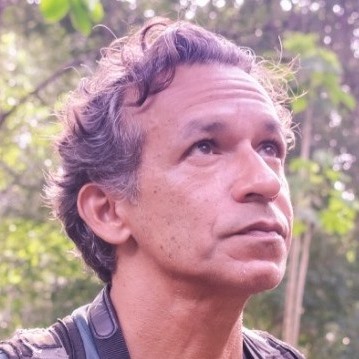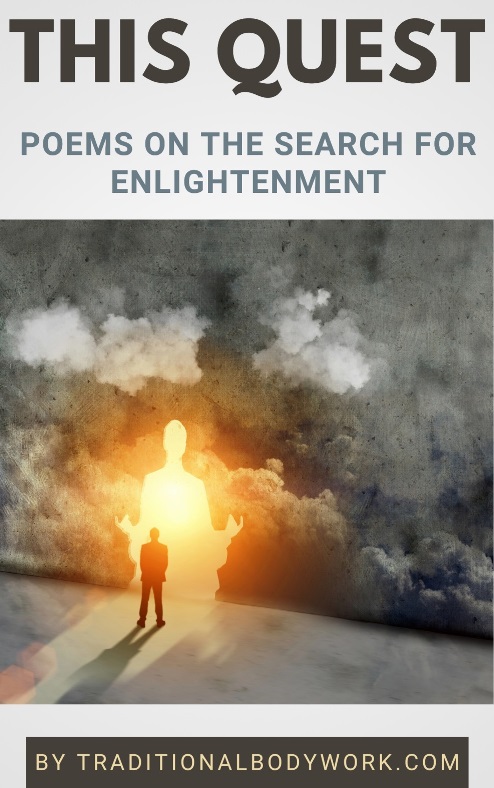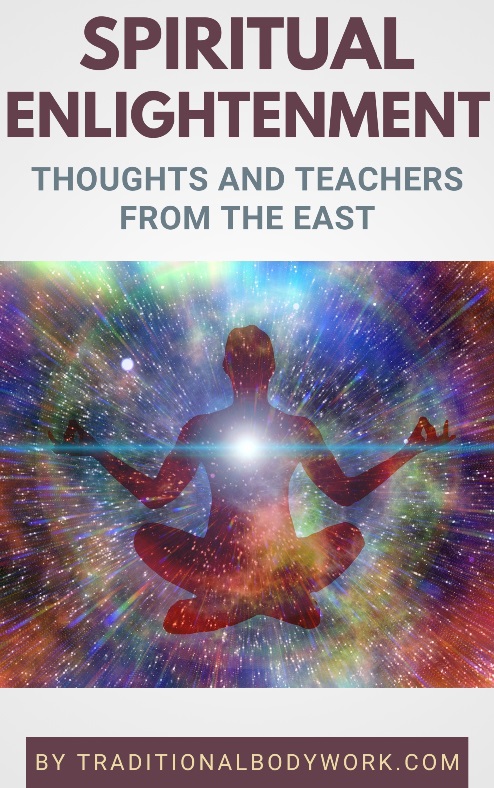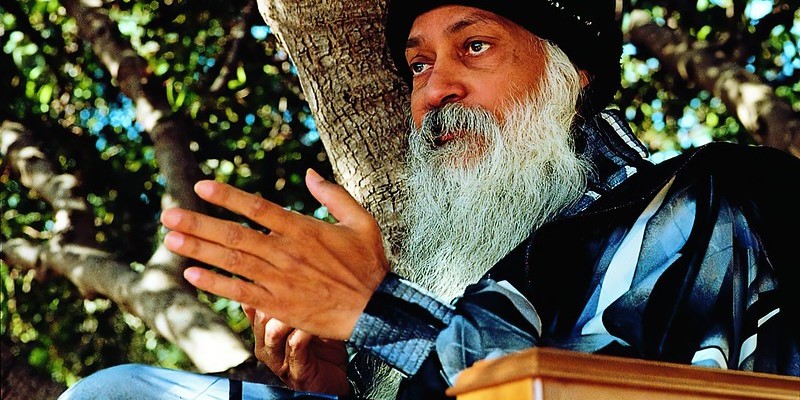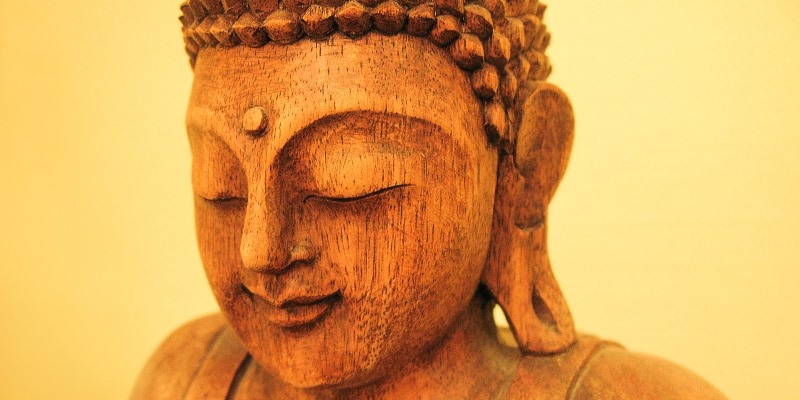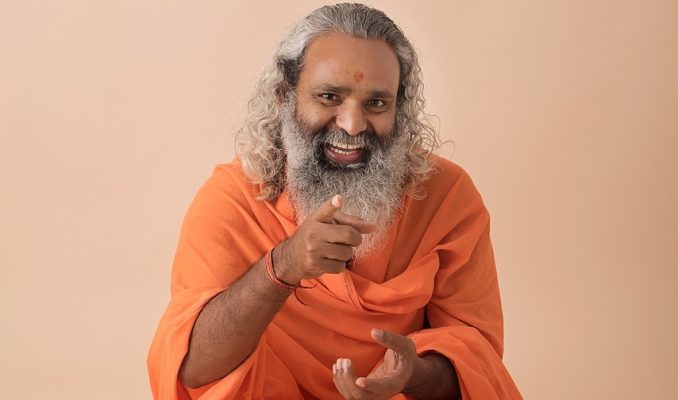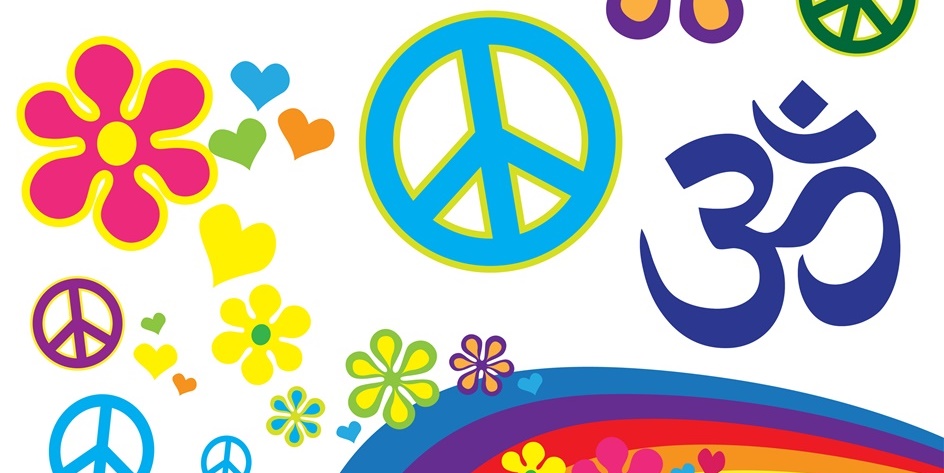
Neo-Advaita (also written Neoadvaita) is based on ancient Advaita Vedanta teachings and philosophy. One could argue that it’s a more simplified version of the original non-duality teachings, focusing on a more direct realization of the “eternal truth” that Atman is Brahman, that duality is an illusion, that the Ego (or I) doesn’t have an independent existence, and that all is (impersonal) Awareness-Consciousness, which in its nature is Sat-Chit-Ananda (Existence-Consciousness-Bliss).
It’s generally suggested that the “instigator” of Neoadvaita was Bhagavan Sri Ramana Maharshi (1879–1950) — an Indian spiritual master and sage who emphasized Sudden Awakening and the personal, direct experience of Self-Realization, rather than philosophical argumentation and the study of classical scriptures.

Mind, however, that Ramana Maharshi himself did not call himself an Advaitin and neither accepted a following, but simply pointed out that only the Self i.e. Pure Being exists, which can be recognized by Self-Inquiry (Vichara Sangraham), typically by questioning yourself Who Am I? (Nan Yar). The fact is rather that Ramana’s teachings were taken up and spread by several influential Western disciples in the Western world, labeling it as Advaita Vedanta.
Neo-Advaita is strongly characterized by Satsangs — meetings with the Self-Realized Guru, sitting in silence in his/her presence, while the Guru also answers the questions (regarding Self-Realization) of visitors and disciples. As a rule, Neoadvaita Gurus are not connected to a traditional religion (such as Hinduism or Buddhism), often don’t refer to Advaita Vedanta scriptures, but urge and point to the possibility of instant Spiritual Enlightenment and Awakening/Liberation in the here and now.
In fact, Neo-Advaita Gurus usually stress that one doesn’t need any preparatory spiritual practice i.e. Sadhana, and no prolonged study of classical scriptures or tradition. What is needed is immediate, direct insight in the nature of the Real Self, which can happen at any moment by seeing the truth of the False Self being a projection or narrowing-down of Absolute Consciousness into Personal Ego-Consciousness and thereby creating duality where in reality only non-duality exists.

Another thing to note is that Neoadvaita Gurus have a strong air of commercialization around them. Satsangs are filmed, put on audio, edited into books, and being spread by websites, email newsletters, social media, and publishing enterprises. Additionally, many Neoadvaita Gurus travel around the world to give teachings to followers and “seekers,” while maintaining an extensive schedule of future Satsang events and retreats. Of course, this is also simply an approach of our times, and who doesn’t follow the rules of modern capitalism?
Through the years, there has been quite some criticism on Neo-Advaita — often pejoratively called Pseudo-Advaita — as being a too simple and naive approach of the ancient Advaita teachings, one that capitalizes on mainstream dissatisfaction with society on one side and the listless attitude of our times to “wanting it now, wanting it quick, and without any efforts” on the other side.
In this context, the practical and non-institutionalized Neo-Advaita self-help offerings of needing nothing, doing nothing, “everyone is already enlightened,” and “just look into yourself” fit perfectly well in modern times. Nevertheless, Neo-Advaita is not alone in this approach. It’s part of a broader spiritual movement, sometimes called “Immediatism” which asserts that immediate Spiritual Awakening and Liberation without Sadhana, preparatory practice, or religious tradition is possible — right here, right now.

